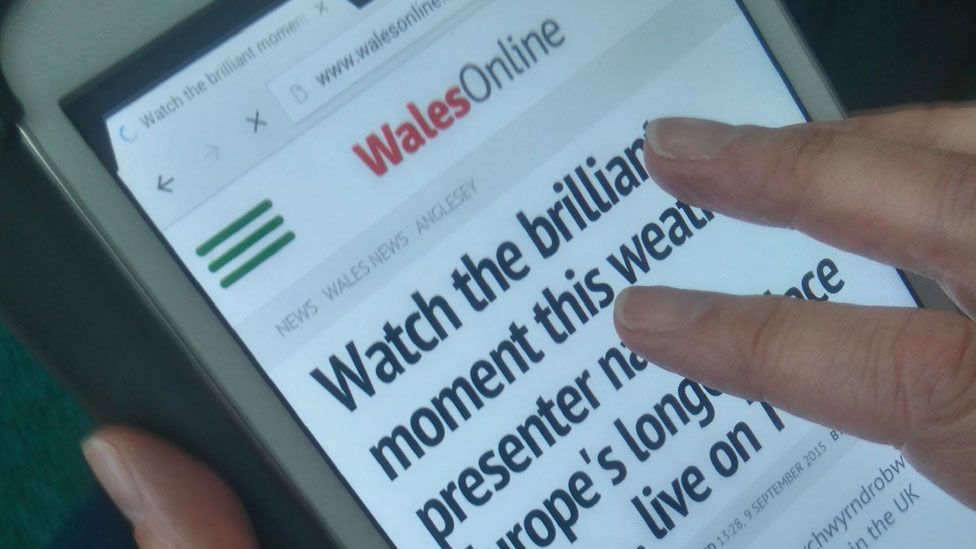4 Simple Techniques For Popular News
4 Simple Techniques For Popular News
Blog Article
Popular News Fundamentals Explained
Table of ContentsPopular News Can Be Fun For AnyoneThe smart Trick of Popular News That Nobody is Talking AboutPopular News Fundamentals ExplainedAll about Popular NewsAn Unbiased View of Popular News
HELOCs, on the various other hand, supply you with a chance to borrow even more money at reduced passion rates for longer durations. "Normally, a HELOC will be much more flexible than an individual funding, and they often lug a reduced rate of interest," claims Whitehead. He adds, "In my experience, people that don't have a home, obtain an individual funding when they need money, and those who own a home will utilize a HELOC or comparable kind of financing when they are in the very same spot." A is a kind of home mortgage that involves refinancing your existing mortgage for greater than you owe and obtaining the difference in cash (Popular News).It enables you to obtain against your equity through a round figure quantity or installment settlements. Lenders do not need payments as long as your home stays your key home, yet interest and charges accumulate as long as you have an outstanding balance. A HELOC can be much better because you do not need to be at the very least 62 and it allows you to obtain on an as-needed basis.
If you possess a home and have adequate equity, a HELOC can supply a better remedy. HELOC loan providers often have adaptable qualification requirements like payday lending institutions yet supply larger lendings, reduced rate of interest rates and longer settlement terms.
Primarily, lenders use all of the above advantages in exchange for a lien on your home. That suggests if you don't make all your settlements in a timely manner, your home can enter into repossession. Consequently, it is necessary to be positive that you can make your HELOC payments on schedule and as agreed.
The 2-Minute Rule for Popular News
To obtain the ideal offer, make sure to search and compare factors like lending quantities,, fees, settlement periods and rate of interest.
The massive infant boom generation is getting to old age (numerous are currently there), older people are living much longer, and there are fewer more youthful people getting in the workforce to pay right into the system. Excess cash have actually been placed into a trust fund for many years, and the system will certainly need to start dipping into these funds within a year or 2.
At that point, 58% of senior citizens claimed Social Safety and security was a significant source of earnings, basically the exact same as today. In each of the previous 17 years, Social Security has covered the listing of major income sources for retirees. A vital component of Social Security is (Popular News). Basically, the lower the overall income a retired person records, the more vital Social Security is as a part of that earnings.

Our Popular News PDFs
A Quinnipiac survey previously this year revealed that much less than fifty percent of Americans, 45%, thought that the Social Safety and security system would certainly be able to pay "an advantage" when they were qualified to get it ("a" advantage could in concept be as low as a buck a month, of course). A Seat Research poll last December revealed that 16% of Americans thought there would certainly be sufficient cash to provide advantages to older Americans when they prepared to retire, one more 42% claimed there would have to be lowered advantages, and 42% said there would certainly not suffice money in the system for them when they retired.
Well over six in 10 of those under 50 believed that they would not be able to get a benefit. Americans' problem concerning Social Security in the future is also evident from Gallup's yearly April survey asking nonretirees to predict just how vital a resource of retired life revenue Social Protection will certainly be when they retire.

Popular News - An Overview
Previously this year, Social Safety ranked fourth in relevance to Americans out of a listing of 12 feasible priorities for the head of state and Congress to deal with, behind only education and learning, healthcare and the economic situation. This put it in advance of various other issues controling the political discussion today, including migration, climate modification and revenue inequality.
Older Gallup poll research located that a majority of Americans agreed with only two possible adjustments out of the listing checked-- restricting benefits for rich retired people and calling for higher-income workers to pay more into Social Protection. A study (PDF download) provided for the National Academy of Government insurance program likewise revealed assistance for raising the income cutoff point where workers no more pay into the system.
A Quinnipiac poll earlier this year showed that much less than fifty percent of Americans, 45%, thought that the Social Safety and security system would have the ability to pay "an advantage" when they were qualified to obtain it ("a" advantage can in concept be as reduced as a buck a month, naturally). A Church bench Study survey last December revealed that 16% of Americans believed there would her explanation certainly be adequate cash to give advantages to older Americans when they were ready to retire, another 42% said there would have to be minimized advantages, and 42% said there would certainly not suffice money in the system for them when they retired.
Indicators on Popular News You Should Know
Well over six in 10 of those under 50 believed that they would certainly not have the ability to get an advantage. This is not new. Some 36 years back, a Gallup analysis reported that "63% of utilized Americans were terrified they may not get benefits in any way when they got to old age, while one more 16% believed benefits might not be just as good as they are currently." Americans' worry regarding Social Safety in the future is likewise obvious from Gallup's yearly April study asking nonretirees to forecast how important a resource of retired life revenue Social Safety and security will be when they retire.
At the same time, Social Protection is barely a top-of-mind concern for the average American, either. The crisis in Social Protection is not brewing, checks are still getting here, and less than half of 1% of Americans state Social Protection when we ask the public, month after month, to call one of the most important problem encountering the nation.
Previously this year, Social Safety and security rated fourth in relevance to Americans out of a listing of 12 feasible concerns for the head of state and Congress to handle, behind just education, medical care and the economic situation. This put it in advance of various other problems controling the political discourse today, consisting of immigration, climate adjustment and revenue inequality.
Older Gallup poll study found that a bulk of Americans concurred with only 2 potential adjustments out of the list checked-- site web restricting benefits for rich senior citizens and requiring higher-income employees to pay even more into Social Protection. A survey (PDF download) provided for the National Academy of Social Insurance coverage additionally showed support for increasing the income cutoff factor where employees no longer pay right into the system.
Report this page